Last Updated on June 22, 2021 by Rebecca Huff
Bee Pollen is a real superfood that has enormous benefits.
When my first four children were younger, we used to live close to an apiary (place where bees are kept) in Florida. The beekeeper had many beehives and they produced a variety of honey. We often enjoyed a visit to taste the various types of honey, buy honeycomb and best of all bee pollen! The four of them loved chewing on honeycomb and I loved sprinkling bee pollen on food and mixing it into smoothies!
We moved to Tennessee shortly after my fifth (Harm) was born and while we still sought out local honey, we weren’t able to find much honeycomb or pollen from local beekeepers. That is until recently, when I began looking again.
My chiropractor recently shared on Shop with the Doc (click the link to watch Dr. Pete sharing how to take bee pollen) about the benefits of taking bee pollen. Not only for allergies, but for immune boosting benefits, anti-aging, pre-menopausal symptoms, prostate problems and just energizing you through the day. This reminded me to get back into the habit of taking locally collected bee pollen but first I had to find a source. I did find some Bee Pollen at my local Whole Foods and also at EarthFare, but I prefer to buy it straight from the source.
I mentioned my search for pollen to my younger children who both were alarmed and said, “I thought pollen was bad for you? Doesn’t it make you sneeze?” So, I realized a lesson was in order. My daughter Ivy, who is an artist, created some wonderful graphics and coloring pages for us which I will share with you! We'd love to see yours if you happen to color one, you can mail it to us and we will show it on our YouTube Channel.
Much has been written on this topic. To read more about the benefits of bee pollen see the links I have included at the bottom of this post.
First of all what is bee pollen?
Bee pollen is the pollen bees gather from the flowers they go to collect from, you see, they are not capable of actually creating pollen themselves. So to understand what this bee pollen is, first you must understand why flowers make pollen.
Plants with flowers (including fruit and vegetable plants, trees, as well as ornamental flowers) need pollination to create new seeds that will grow into new plants. The flower of a plant is usually where reproduction occurs, so without pollination a flower cannot reproduce.
Plants get pollinated in many ways. The most common method of pollination takes place when birds or insects such as bees, flies, moths or butterflies try to get pollen or nectar from the plant. When bees land on a plant, their legs often get into a little groove that holds pollen sacs. When the bee flies away it carries off this sac like a saddlebag stuck on its feet.
When this bee lands on another flower looking for nectar, the “saddlebag” falls off, the pollen falls out of the sac, and pollination is underway. (source) Some of the pollen is taken back to the hive for food. Although all bees need pollen at some stage in their lives, not all bees gather it. Male bees do not collect pollen, and have no pollen baskets (corbicula) with which to transport it from flowers to the nest or hive. (1)
Once pollen is brought back to the colony, the workers condition it by adding glandular secretions containing enzymes and acids that prevent harmful bacterial activity and prepare the pollen for long-term storage. Stored pollen often is called “bee bread” and don't worry, beekeepers do not collect all of the bee pollen, they leave some for the brood.
This pollen and bee bread has an antioxidant substance called Quercetin. Quercetin works against allergies as an antihistamine. Histamine triggers allergic reactions. The linings of the respiratory passages have mast cells that contain tiny sacs of pre-formed histamine that break open when they come in contact with an allergy-provoking agent.
Quercetin keeps the packets of histamine from breaking open. Most antihistamine medications do the same thing by dulling the nerves to the cells that contain the histamine. This stops allergies, but at the expense of slowing down the whole nervous system.
Quercetin only acts on the mast cells. It stops allergies without stopping activity and attention. And there is no better source of quercetin than pollen itself. (2) That is why bee pollen, when taken consistently helps eliminate symptoms of allergies.
When I first started out giving bee pollen to my children, I knew they were not allergic to bees. Even though I was sure of this, I only gave them a tiny grain to start. Since they had no adverse reactions, I allowed them to have a larger dose. It is important to know if your child has a suspected allergy to bees BEFORE giving your child bee pollen! To find out how to safely give your child bee pollen read more here.
Wanna see beekeepers’s collecting pollen? Check out this old but interesting video we found. If you'd like to hear a more in depth description about the benefits of bee pollen here's a pretty informative video.
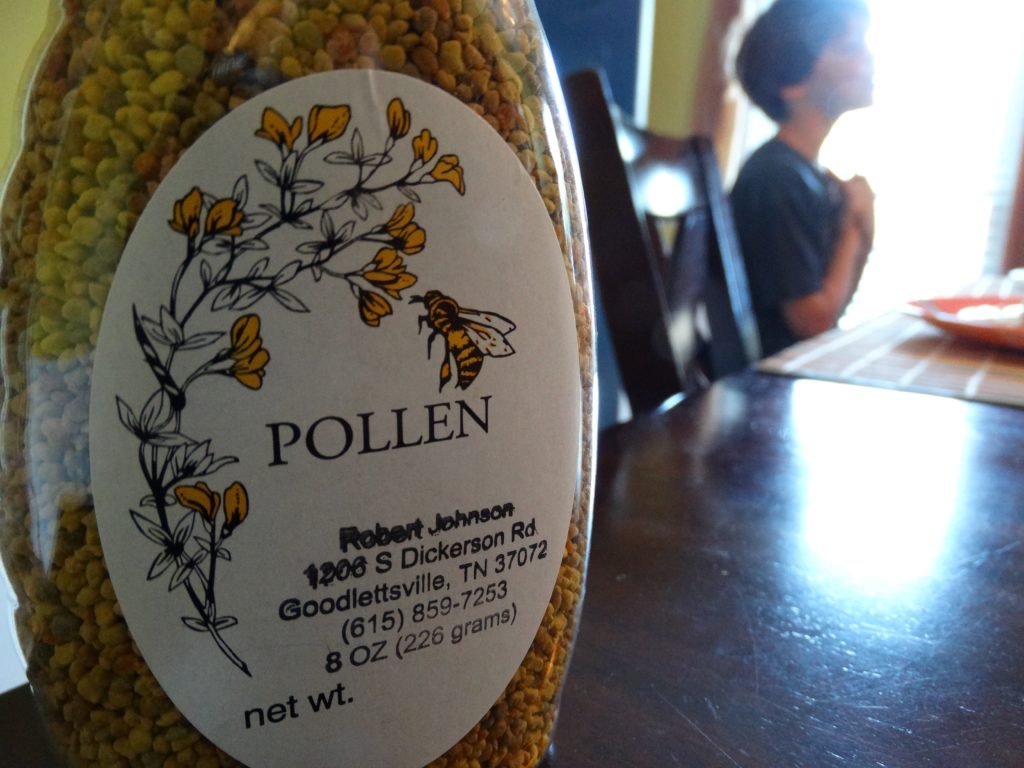
Pictured above is the bee pollen I purchased at our local Whole Foods Market, but Goodlettsville is about three hours from where we live so it's a decent source of pollen. Although, to be considered “local” as far as farmer's markets go, it should be gathered within a 50 mile radius of where you live.
I recently purchased these beeswax candles from a beekeeper at our local farmer's market. He asked me to let him know what I thought about the candles. We already knew we enjoyed his honey! He is still in the process of gathering bee pollen from his traps as of two weeks ago, so I hope to be able to buy some bee pollen locally from him soon. I'll be sharing more about the beeswax candles soon, as I have a video to upload so make sure to subscribe here, then buzz on over to my YouTube Channel and subscribe there as I'll be uploading the video all about why I purchased the candles plus more!
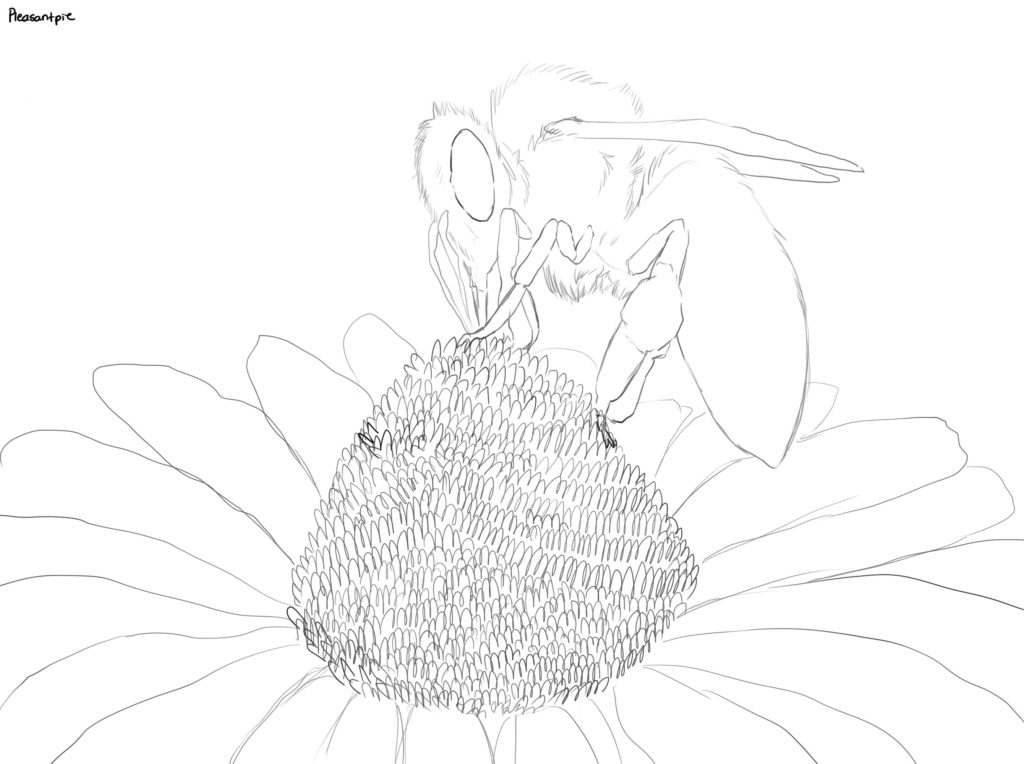
If you enjoyed the coloring pages or want to know more about bee pollen leave your comments and questions below! We love hearing from our readers. If you'd like to mail us your colored page we will show it on an upcoming YouTube video. Just send it to:
That Organic Mom
PO Box 34092
Knoxville, TN 37930-4092
Don't forget to pin this post!
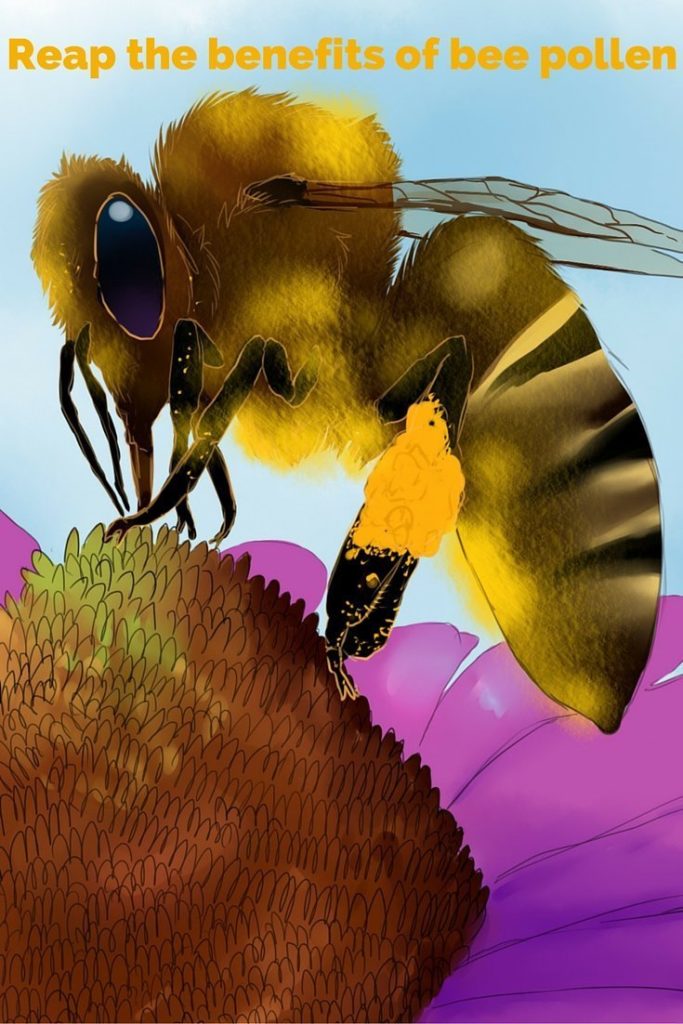

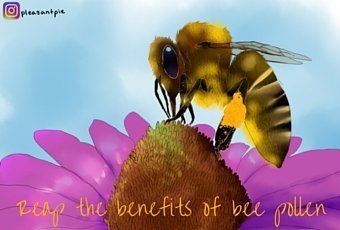
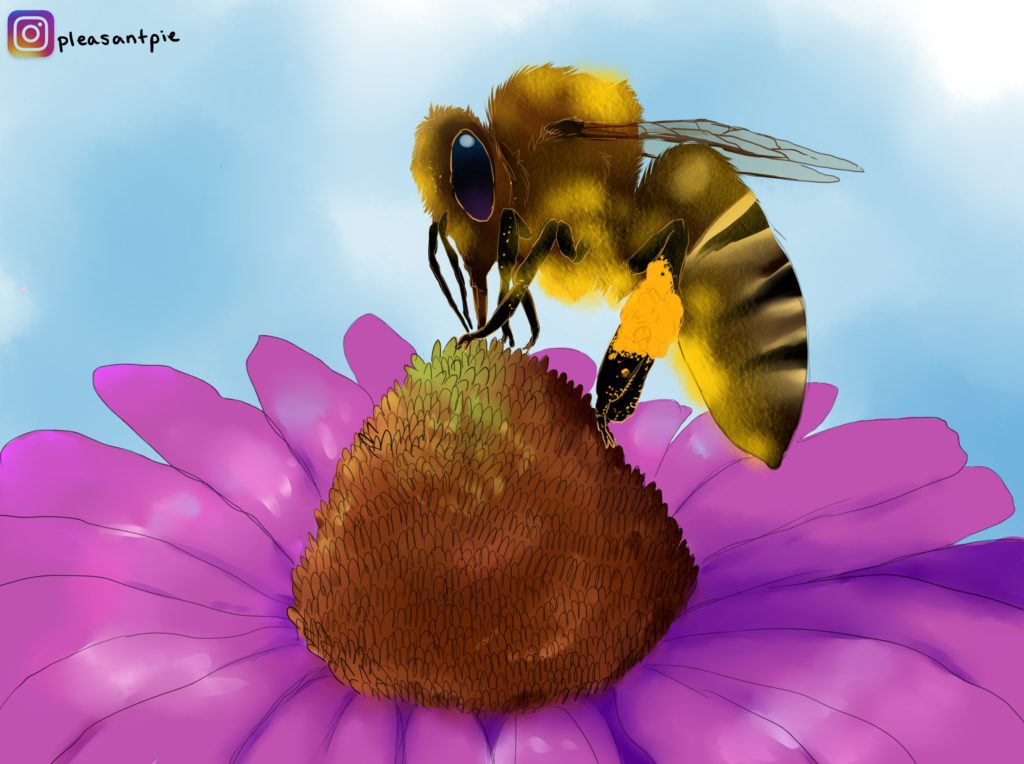
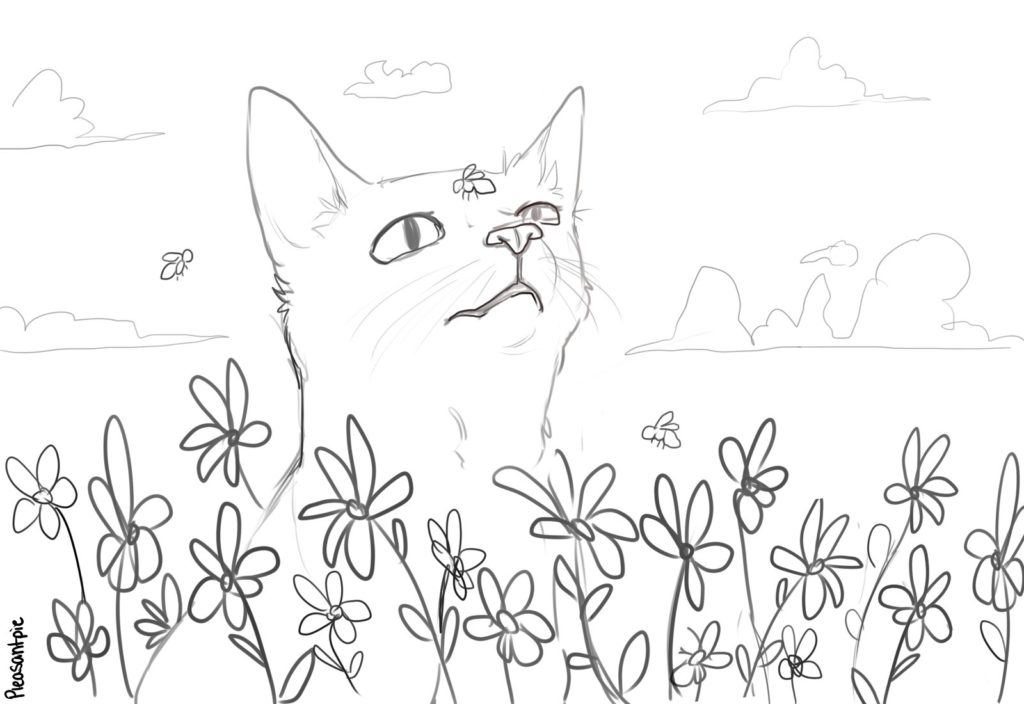
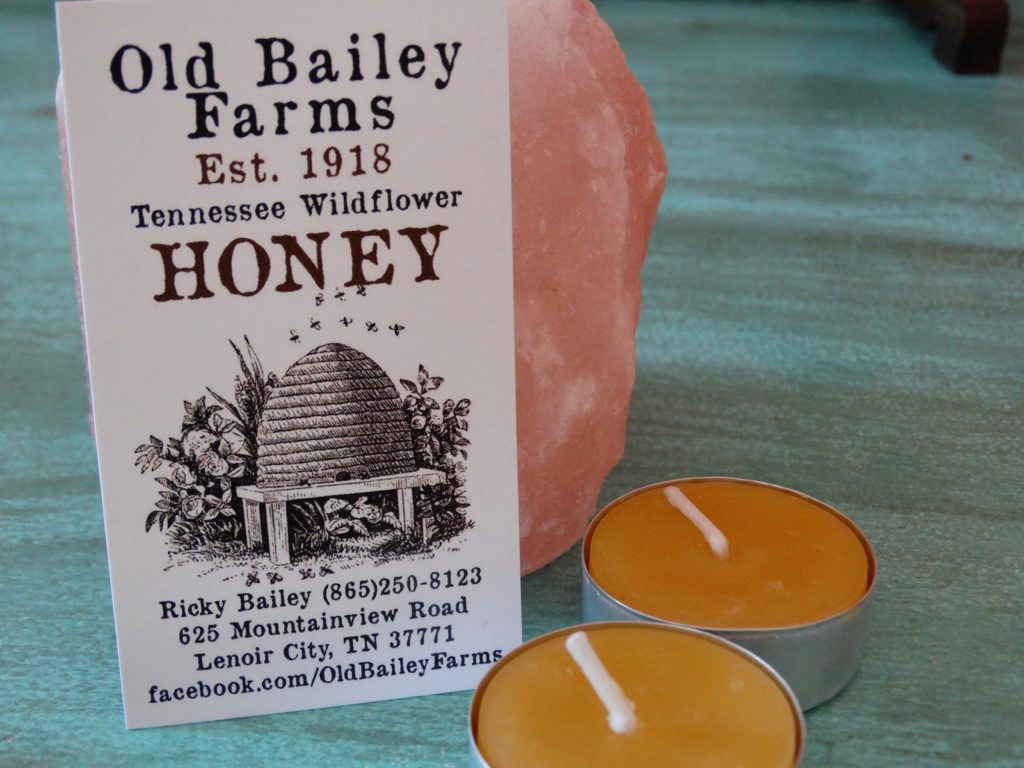
 Garam Masala Chai Tea Latte
Garam Masala Chai Tea Latte
Well its new to me first time i hear about it so am goimg to try it and see what it does to my 13 years of diabetes and 20 years of high blood pressure….